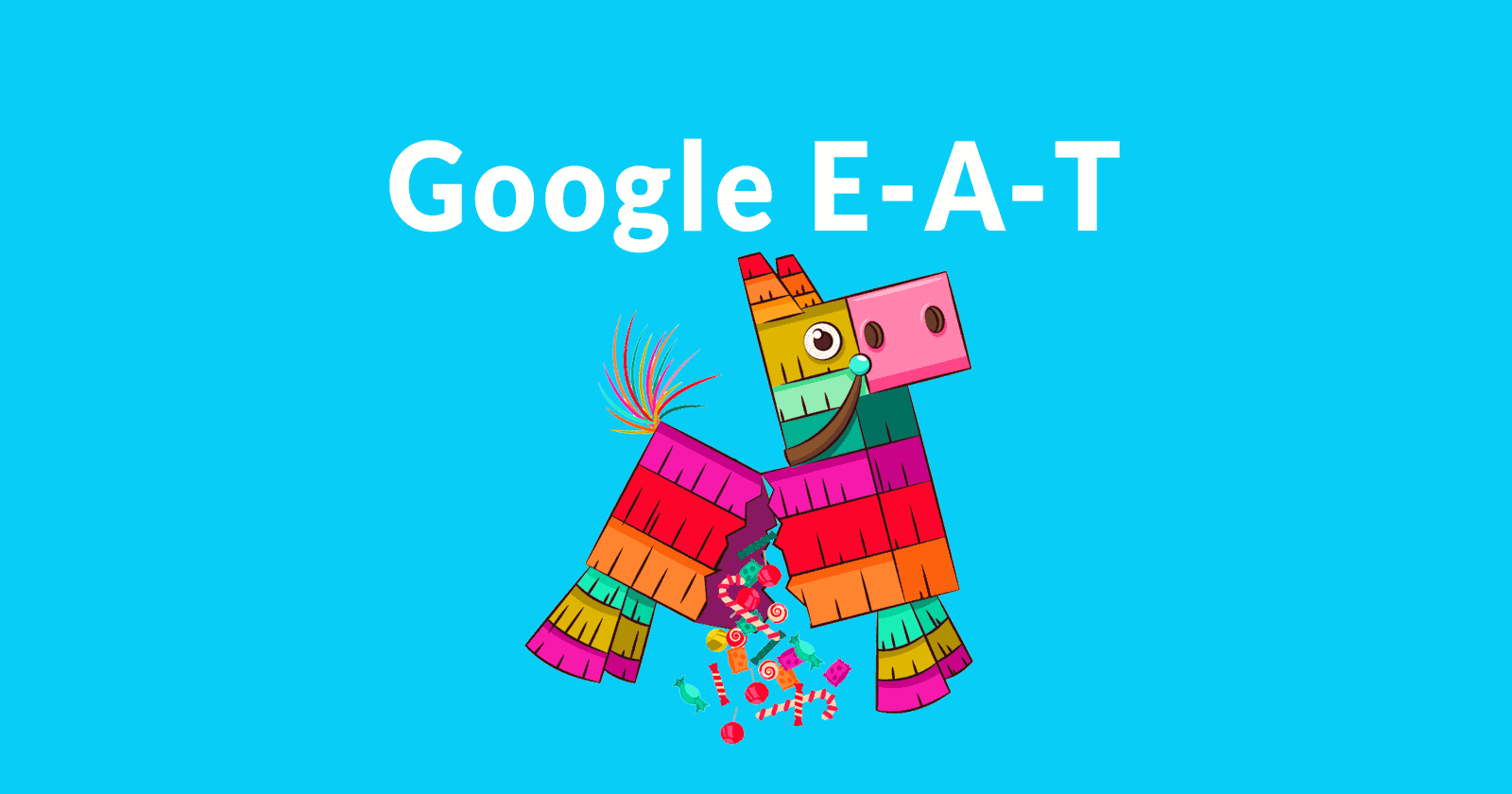In a Google Webmaster Hangout, someone asked Google’s Webmaster Trends Analysis John Mueller about schema structured data and Expertise, Authoritativeness and trustworthiness.
John Mueller offered insight into how how Google recognizes author information.
Question About Increasing E-A-T
Expertise, Authoritativeness and Trustworthiness are abbreviated as E-A-T. The question was about communicating author information.
There is an SEO idea that an author page or displaying author information is useful for ranking well.
It’s beyond dispute that E-A-T in content is important. However, Mueller’s answer emphasized doing what is good for users.
John Mueller’s answer did not confirm that author bio is a ranking signal. Expertise, authoritativeness and trustworthiness are so much more than a self-authored author biography.
This is the question:
“To increase the E-A-T of a medical page, should I use article schema or for example web page or medical web page as the latter has the option for reviewed by property?
Or Google can find that the article was reviewed from the context if I provide such details (and schema property reviewed by is not necessary)?”
The question assumes that Schema.org structured data can increase the expertise, authoritativeness and trustworthiness of a web page. Structured Data does not confer any such thing. Telling Google you are expert is not the same as being expert.
Structured data is simply a way to communicate information. It doesn’t communicate signals of quality.
Mueller answered that using structured data was up to the publisher and that authorship information was gathered by Google “through a number of ways.”
This is what Mueller answered:
“That’s kind of up to you.
We do try to recognize these additional details about information about the author, information about the reviewers, about the website overall through a number of ways.
…partially through the content directly. So kind of similar to how users would see it if they go to the page and they see… information about who has reviewed this content or who has provided it… that’s really useful.”
Structured Data Spam
It must be pointed out that putting information in the structured data that does not exist in the web page itself can be viewed as spam and result in a manual action.
This is what Google’s Structured Data Guidelines says:
“Don’t mark up content that is not visible to readers of the page. For example, if the JSON-LD markup describes a performer, the HTML body should describe that same performer.”
John Mueller didn’t warn about the dangers of misusing structured data. However he did say how it’s not useful for users.
“If it’s just… hidden away in structured data then that’s not very useful for users (because users tend not to use view source when looking at a page to determine whether or not they should trust it.
I would try to find an approach that works well primarily for users and focus on that. “
Which Structured Data to Use?
Mueller then addressed which structured data to use, article or whatever. Mueller simply stated to use what was appropriate.
“Depending on the page that you have, I would try to pick the appropriate one…”
That’s it. Just pick what’s appropriate.
Structured Data and E-A-T
Mueller didn’t seem enthusiastic about using structured data as a way to increase E-A-T. He stated that the use of structured data was “up to you.”
That answer seems to make it sound like Structured Data is not a particularly strong signal for E-A-T. Mueller didn’t say it was any kind of signal, only that the use of it is up to you and that information visible to users was important.
What is E-A-T?
E-A-T is a general term that encompasses a great many things.
What makes a site trustworthy?
Outbound links to quality pages could be a signal that a site is trustworthy.
What makes a site authoritative?
Links from high quality web pages could be a signal that a web page is authoritative.
Users seeking a specific web page and citing it could be signals of expertise.
Communicating who the author is and their credentials are weak and untrustworthy signals. What a publisher writes about themself on their own website is not authoritative. Anyone can publish anything about themselves on their own website.
Author Bio is Useful to Users. That Doesn’t Make it a Ranking Signal
I don’t understand why some individuals believe that author pages carry a strong ranking weight. It doesn’t take much consideration to realize that a statement on an author page by the author about themself is of dubious reliability.
Structured data is not a piñata filled with candy, waiting for Google to come along. It is just a way to communicate information that is visible to users on the web page itself.
John Mueller himself said that Google tries to identify E-A-T “partially through the content directly.”
What other people say about an author or a web page is more important than what you stuff into your structured data or your author biography page.
Watch the Webmaster Hangout video here.





